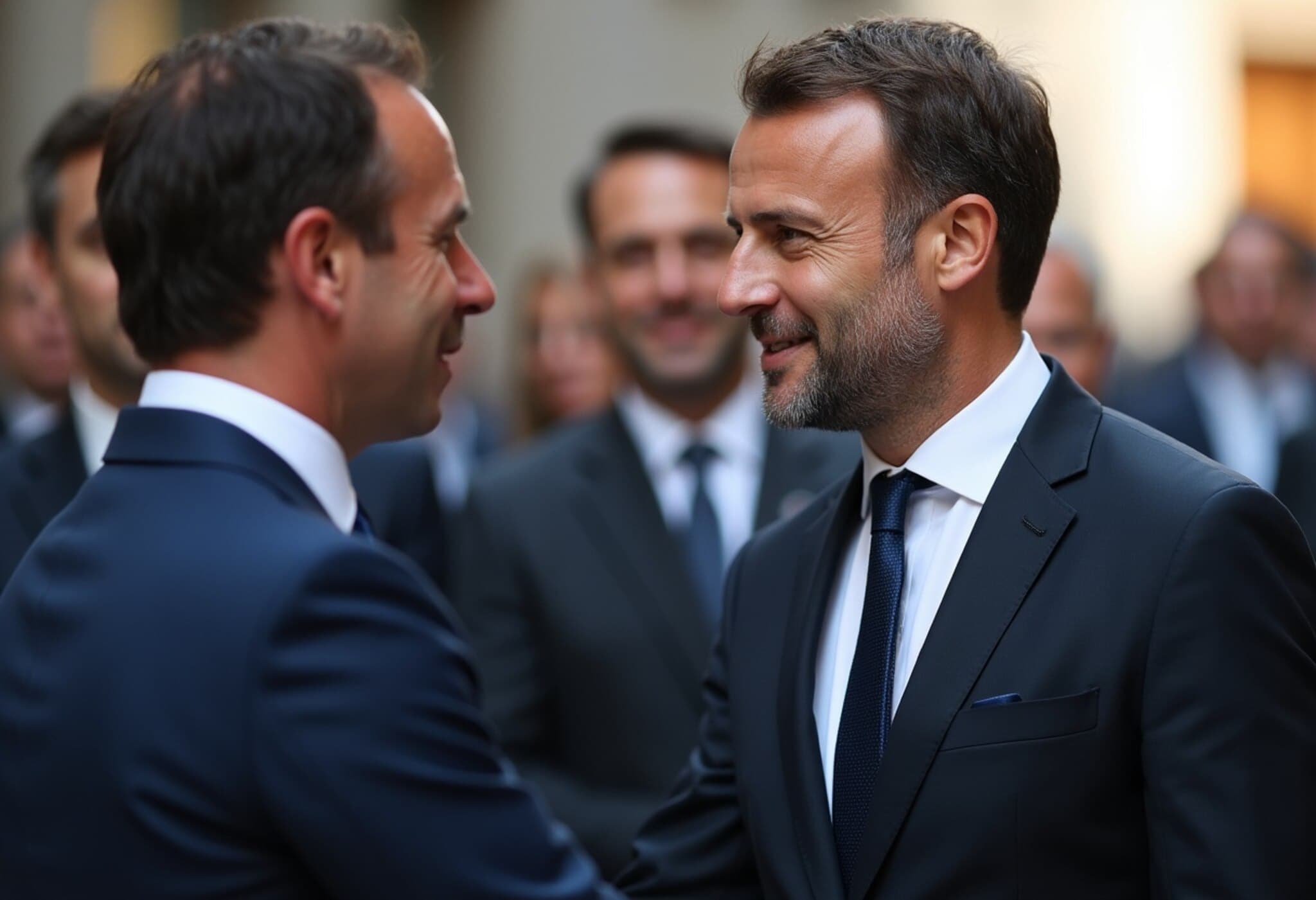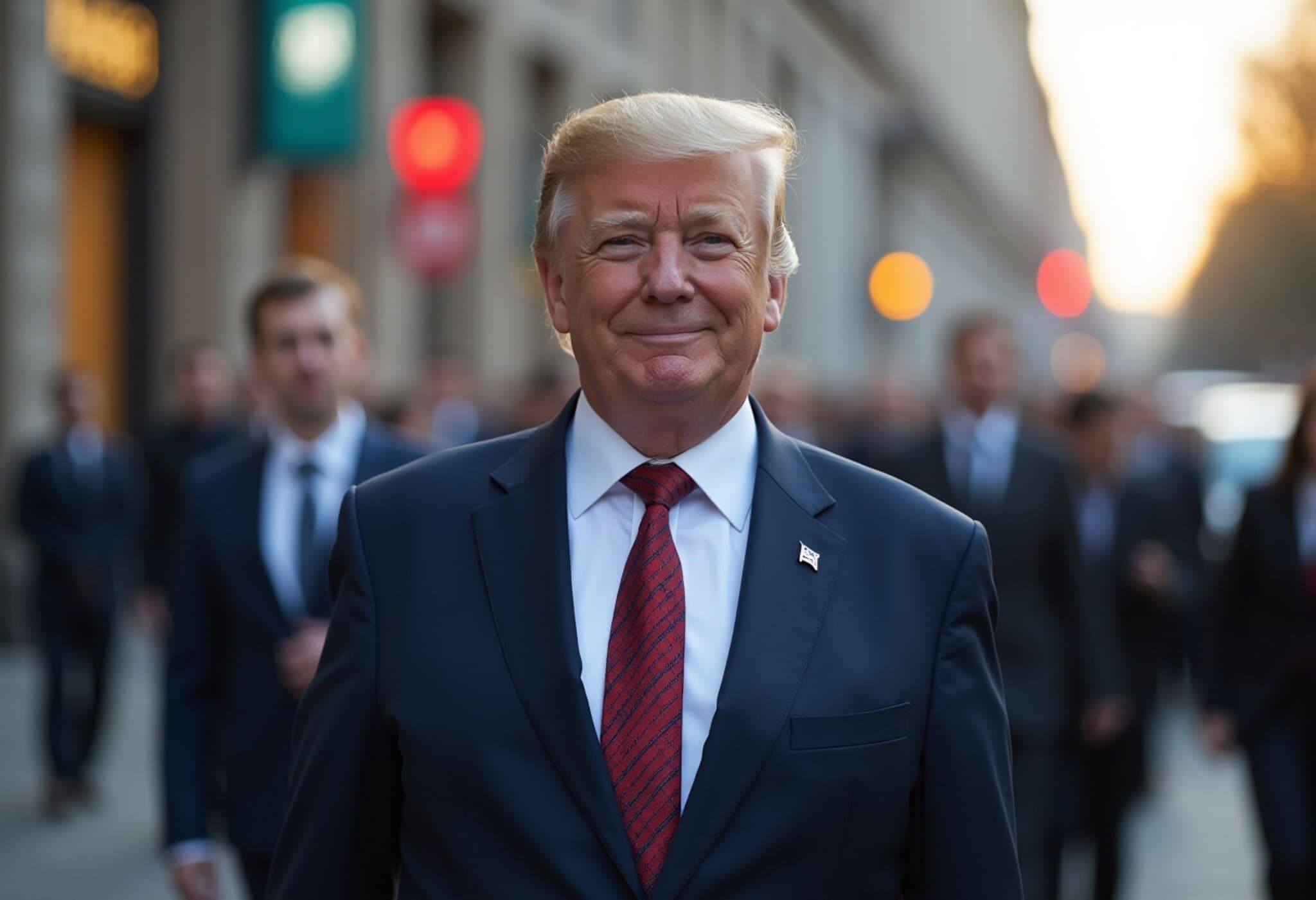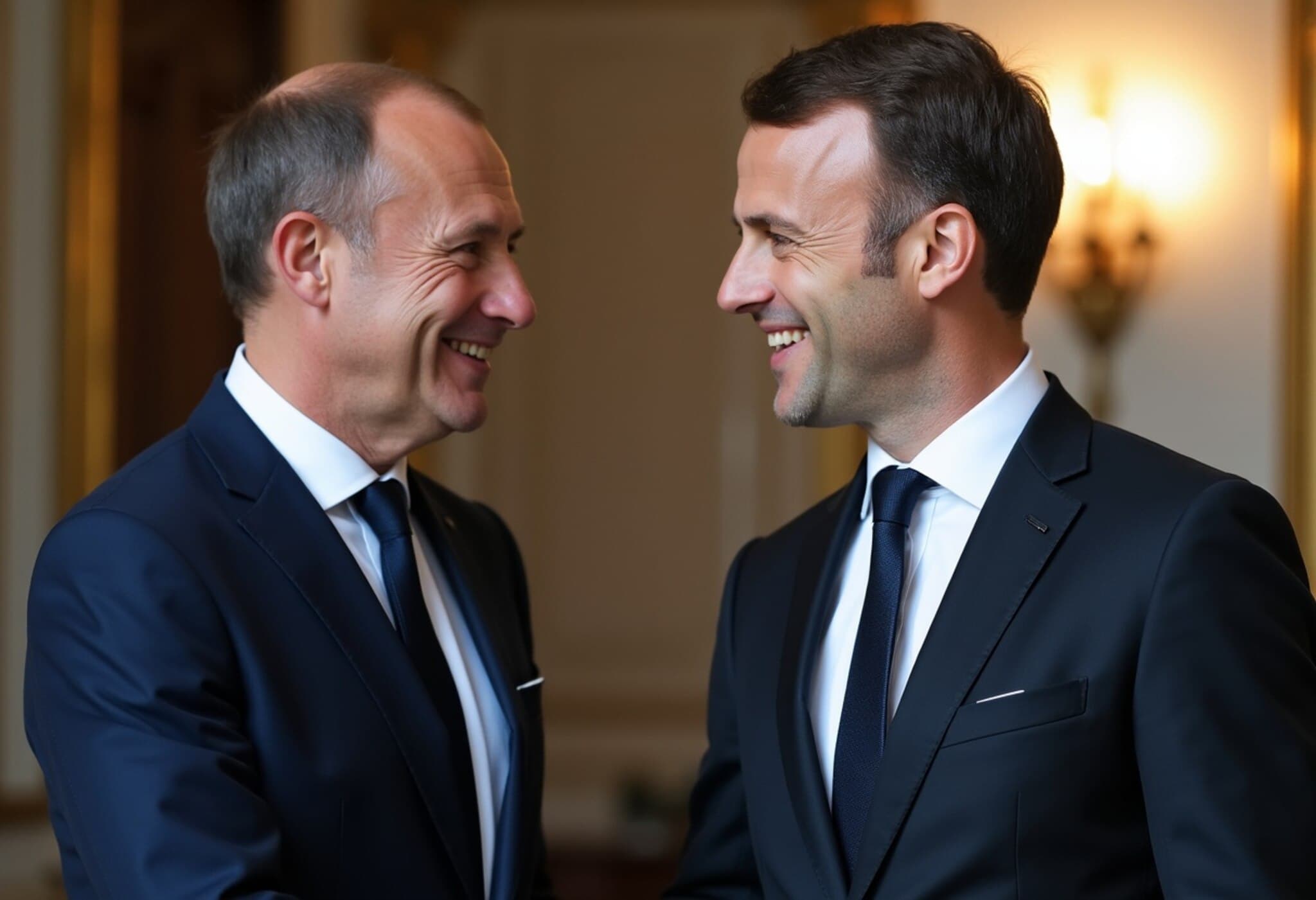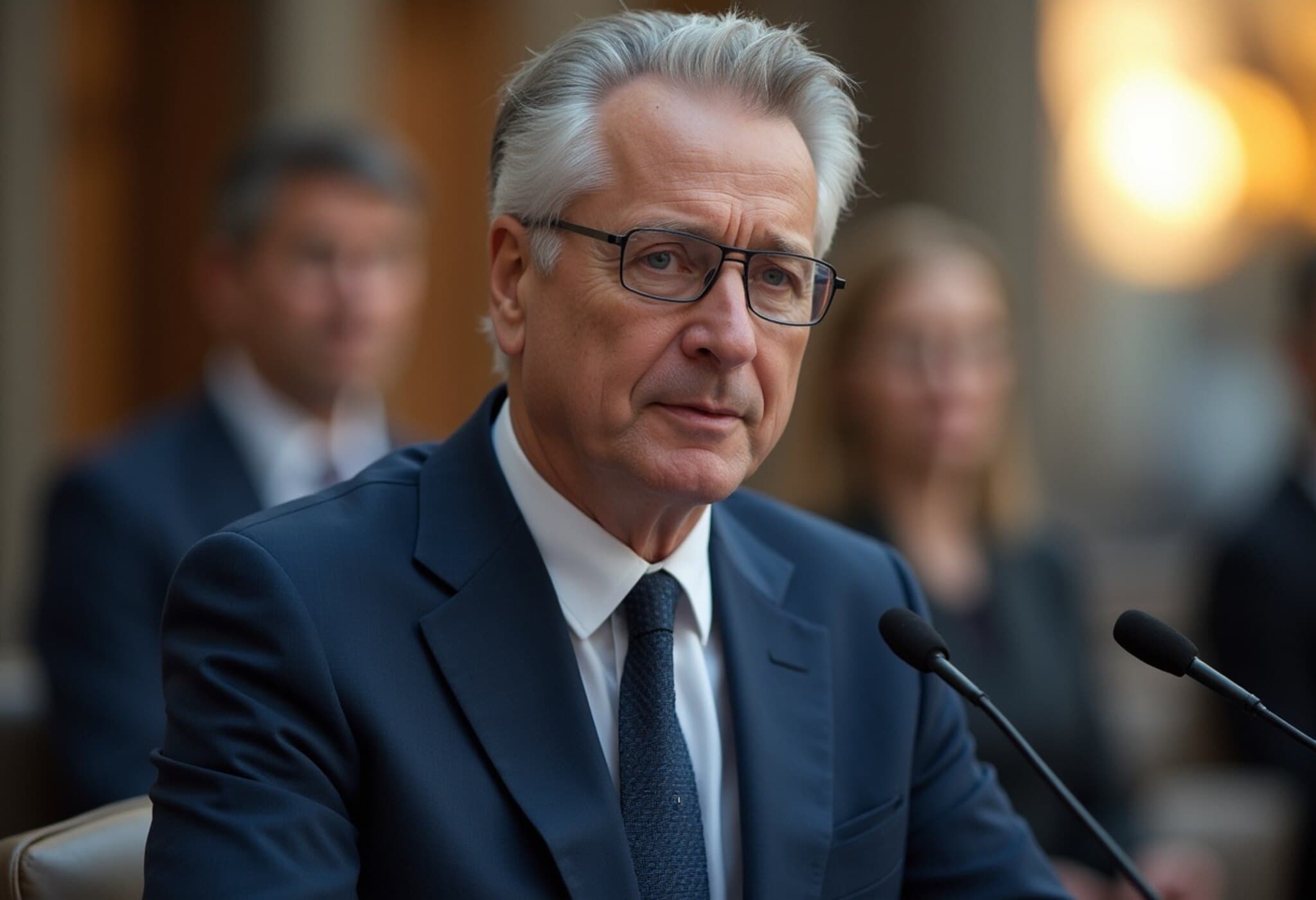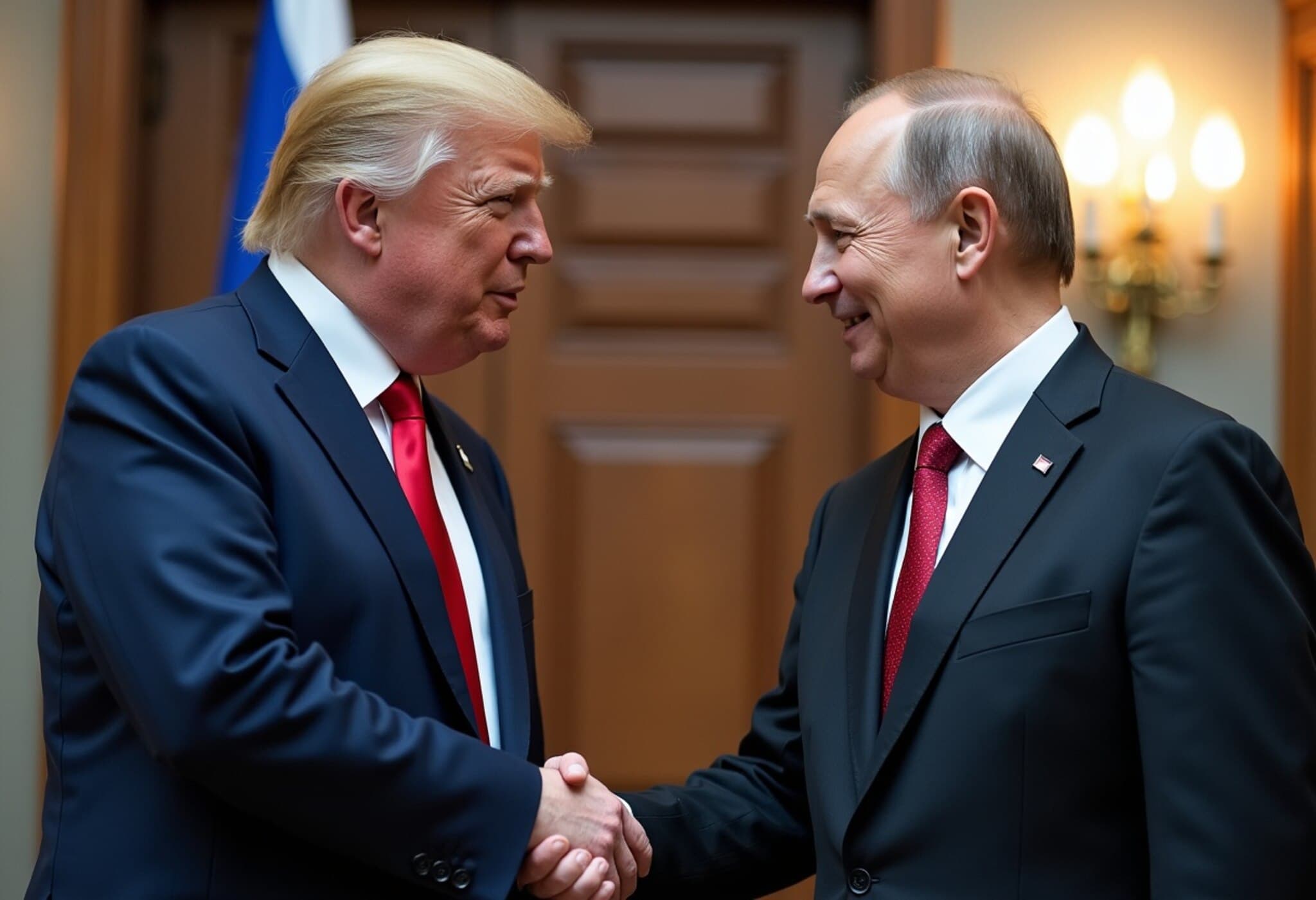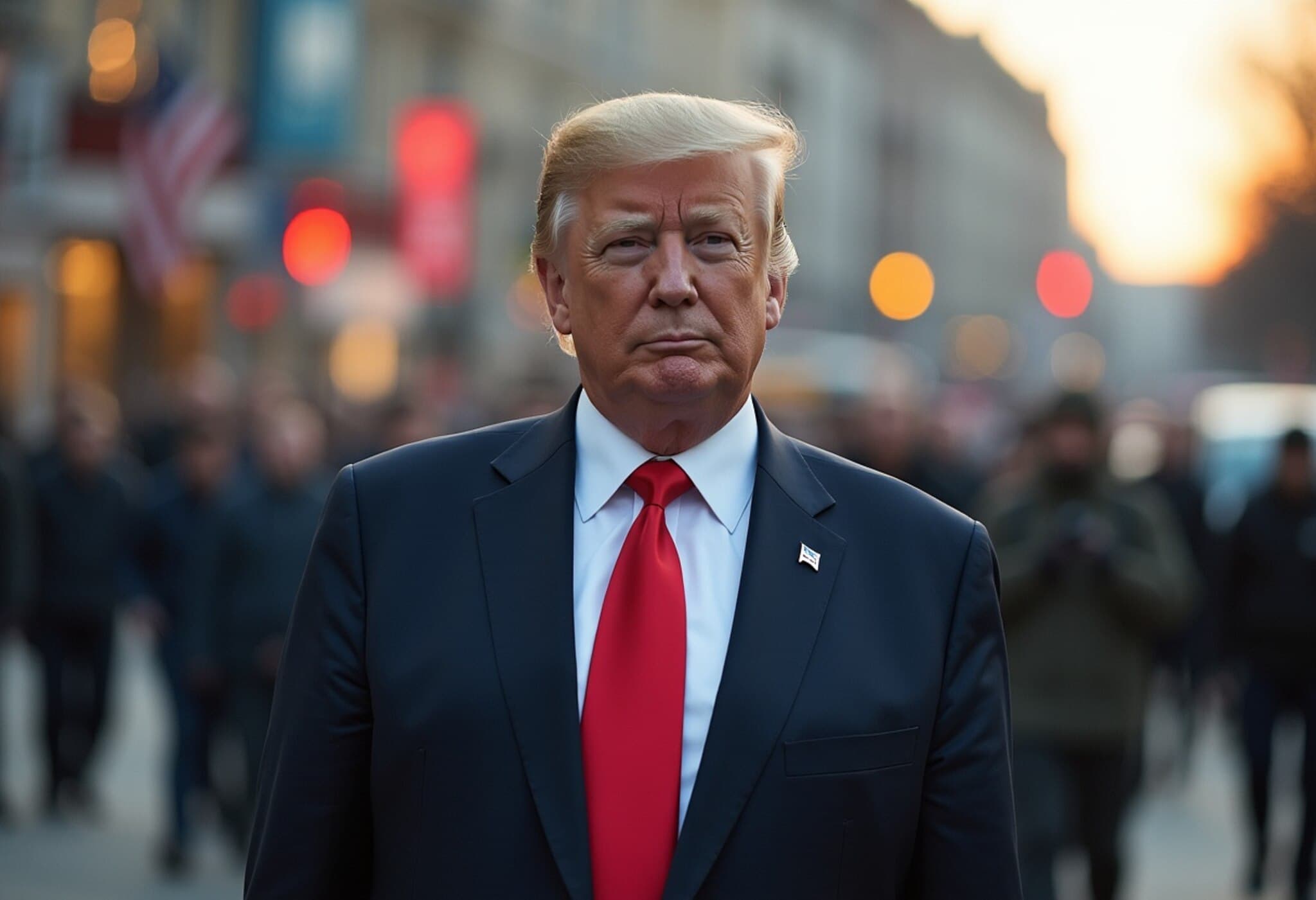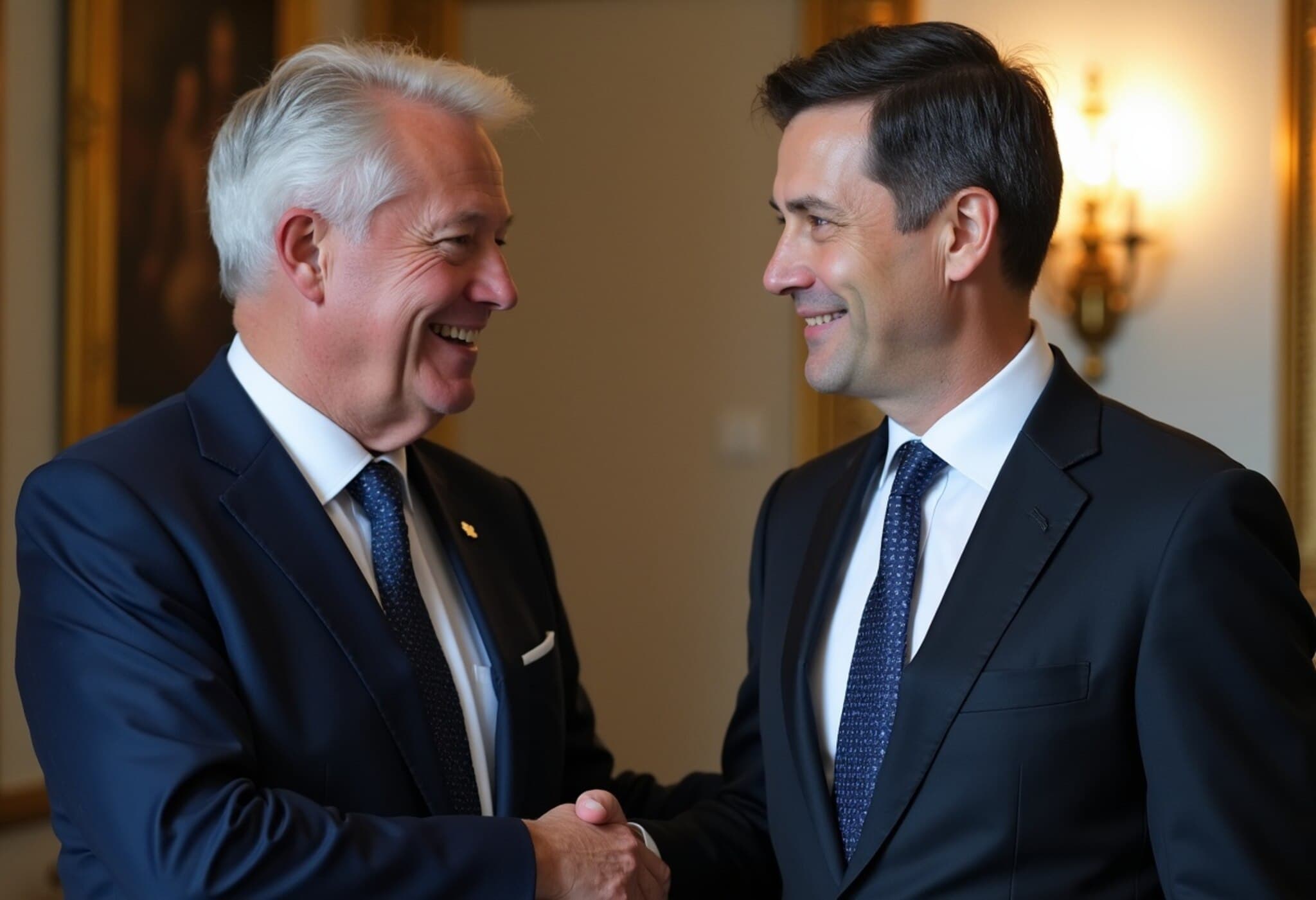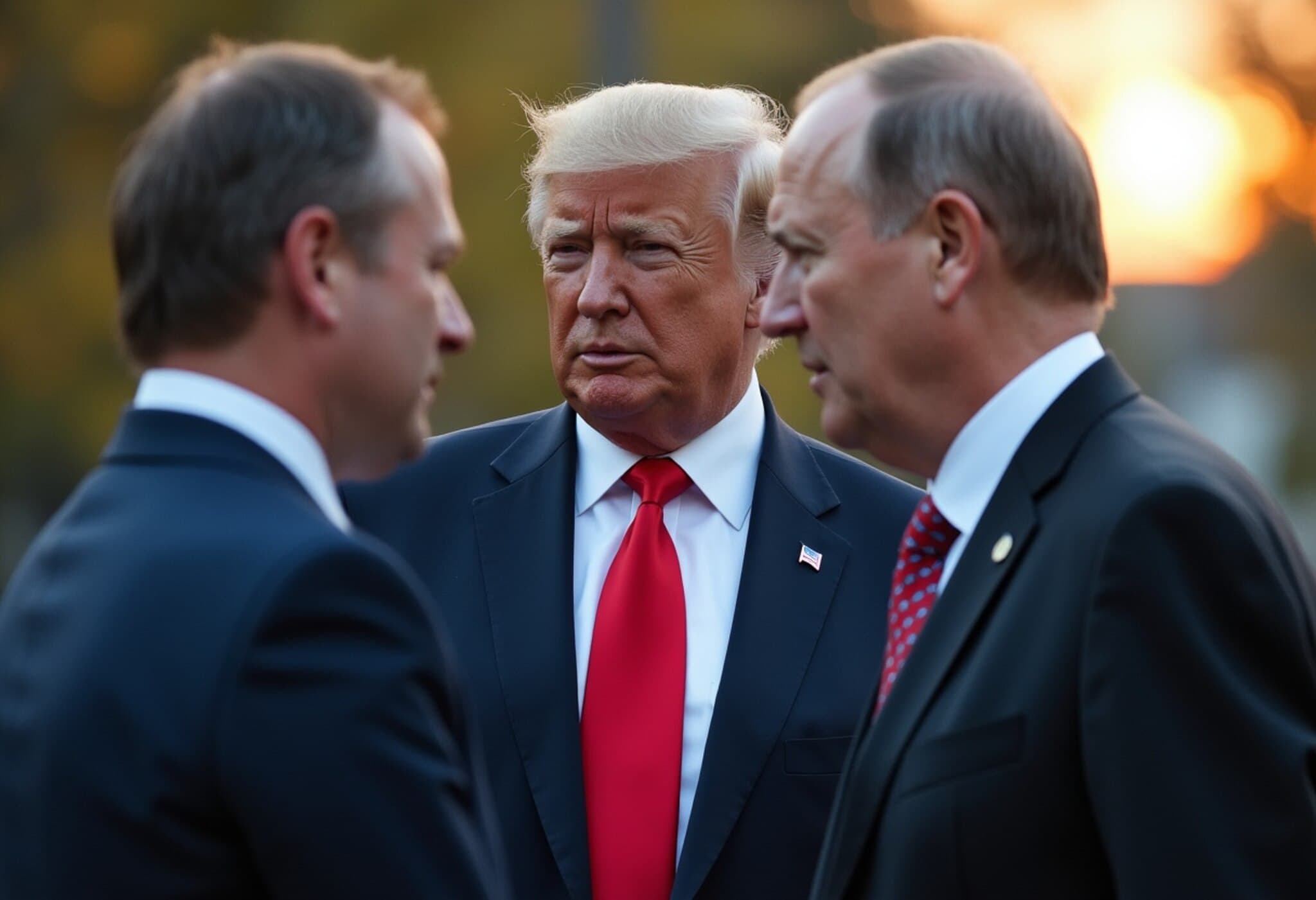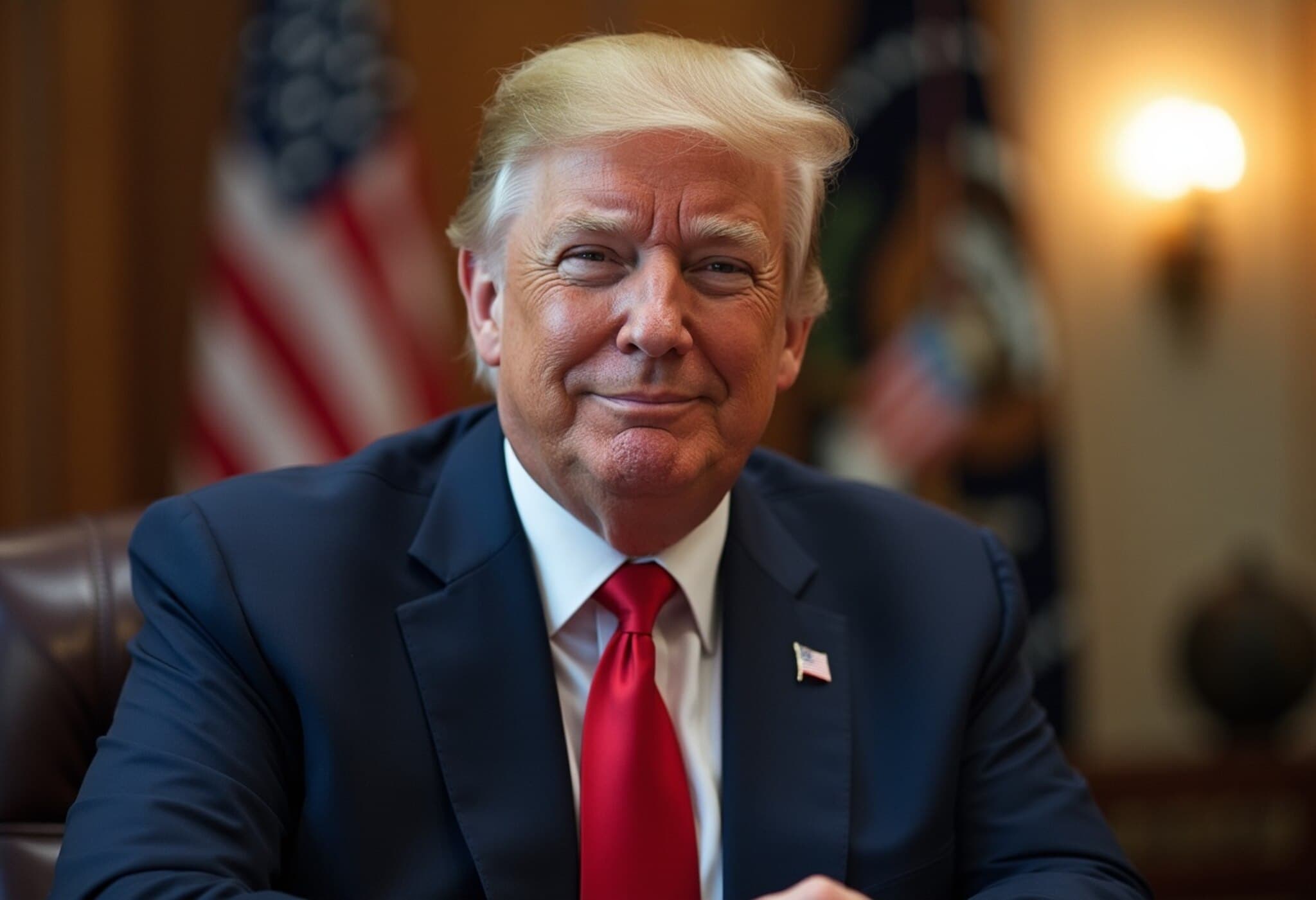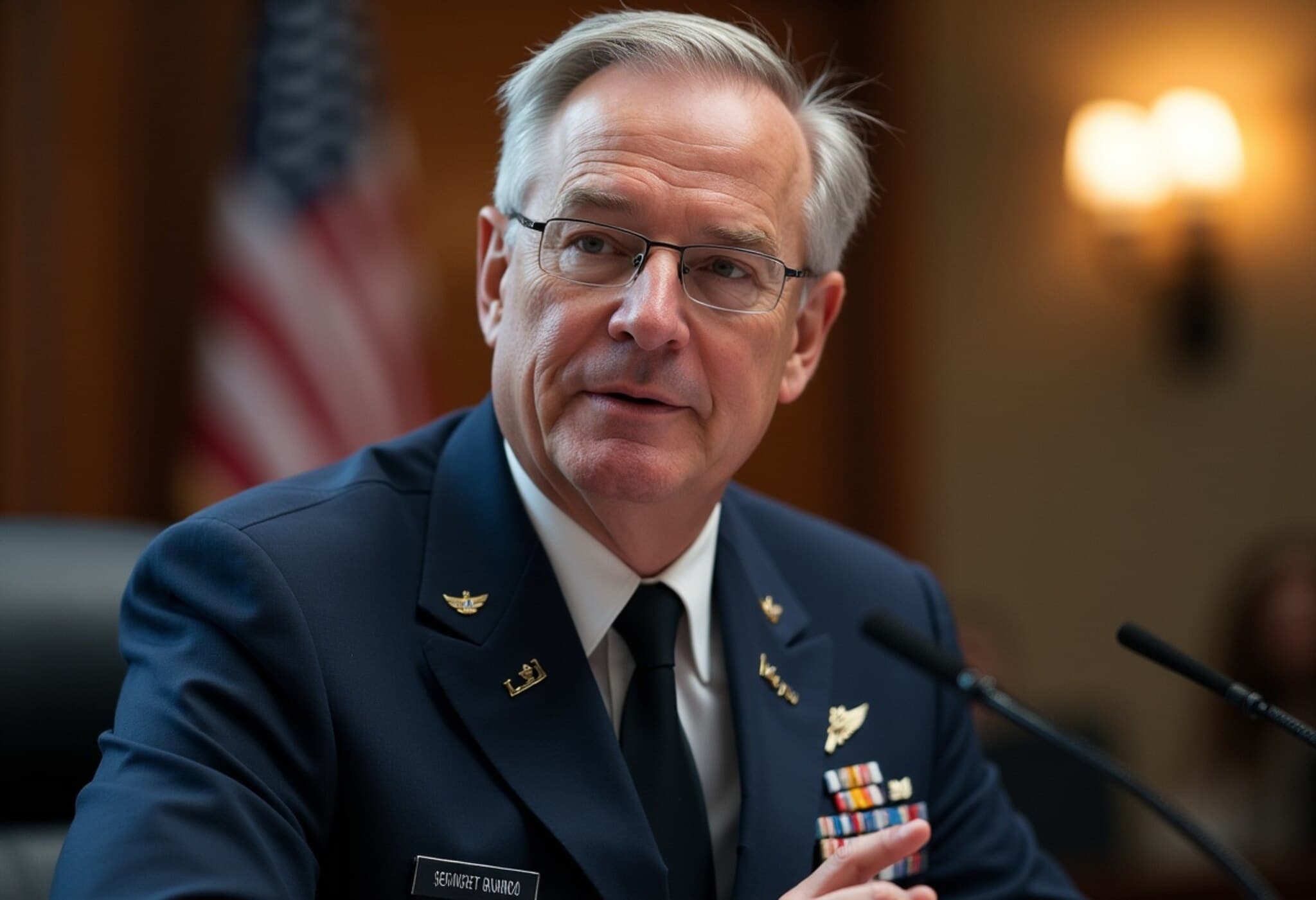France Recalls Italian Ambassador Amid Diplomatic Tensions Over Ukraine Troop Proposal
In a notable escalation within European diplomatic circles, France took the significant step of summoning Italy’s ambassador to Paris following a blunt rejection by Italy’s Deputy Prime Minister Matteo Salvini of President Emmanuel Macron’s proposal to deploy European troops in Ukraine. This confrontation underscores widening strains in Franco-Italian relations, particularly over approaches to the Ukraine conflict.
Salvini’s Controversial Remarks Stir Diplomatic Friction
Earlier this week, when questioned on Macron’s suggestion that European soldiers should be stationed in Ukraine as part of a post-conflict settlement, Matteo Salvini responded with sharp disdain, reportedly telling Macron to "get lost"—using a colloquial Milanese phrase. Salvini pointedly urged President Macron to personally deploy to Ukraine if he wished to support the effort, saying, “You go there if you want. Put your helmet on, your jacket, your rifle and you go to Ukraine.”
Such forthright language from Salvini—leader of the right-wing League party and Italy’s Transport Minister—reflects his broader skepticism toward Macron’s policies and the French president’s stance on the Ukraine war. Salvini's nationalist and populist approach often clashes with Macron’s more interventionist and pan-European outlook.
France’s Diplomatic Response and Historical Context
According to French diplomatic sources, the ambassador was summoned on Friday—a move emblematic of mounting diplomatic unease between the two neighbors since Giorgia Meloni’s nationalist government took office in Italy in 2022. The French government underscored that Salvini’s remarks were detrimental to the longstanding trust and cooperative relations that have historically existed between France and Italy.
The French statement emphasized that recent bilateral efforts had showcased substantial alignment on supporting Ukraine amid Russian aggression. France’s decision to summon the ambassador serves both as a reprimand and a reminder of the importance of upholding diplomatic respect during a critical European security crisis.
Broader Implications for European Unity on Ukraine
President Macron’s advocacy for European troop deployment in Ukraine is rooted in concerns about regional stability and a desire for a coordinated post-war security framework should a ceasefire be reached. Macron has been collaborating with other Western leaders, including UK Prime Minister Keir Starmer, to mobilize diplomatic and military support for Ukraine’s sovereignty.
However, Salvini’s rejection reveals the divergent perspectives within the European Union, where nationalism and skepticism toward military intervention continue to challenge unified posturing. Italy’s current government exemplifies a cautious stance that prioritizes national interests and opposes deeper European military entanglements.
Expert Insights: What This Means for EU Diplomacy
- Fragmented alliances: Salvini’s remarks highlight cracks in what is ideally a cohesive EU foreign policy, potentially weakening collective leverage in negotiating peace or deterring further aggression.
- Italian domestic politics: Salvini’s posture is partly driven by his political base, which favors populist nationalism over internationalist commitments.
- French persistence: Macron’s diplomacy may face continued resistance but reflects France’s ambition to shape Europe’s security future decisively.
- Risk of escalation: While largely rhetorical, such diplomatic spats risk complicating cooperation on other pressing European matters, including energy security and migration.
Looking Ahead: Navigating Post-Conflict Security and Unity
As the war in Ukraine persists, European leaders are under pressure to craft a unified response that balances intervention, diplomacy, and regional stability. The recent diplomatic exchange between France and Italy serves as a vivid reminder that divergent national priorities can complicate such efforts. The question remains whether Paris and Rome can reconcile their differences for the broader strategic interest of Europe and Ukraine’s future.
Editor's Note
The summoning of Italy’s ambassador by France following Salvini’s dismissive remarks is more than a diplomatic rebuke—it reveals the ongoing tension between nationalism and European unity in addressing the Ukraine crisis. Observers should watch how this rift impacts upcoming EU decisions on military aid and diplomatic engagement. Will Italy’s government shift under internal or external pressures, or will these divisions persist to the detriment of collective European security?

